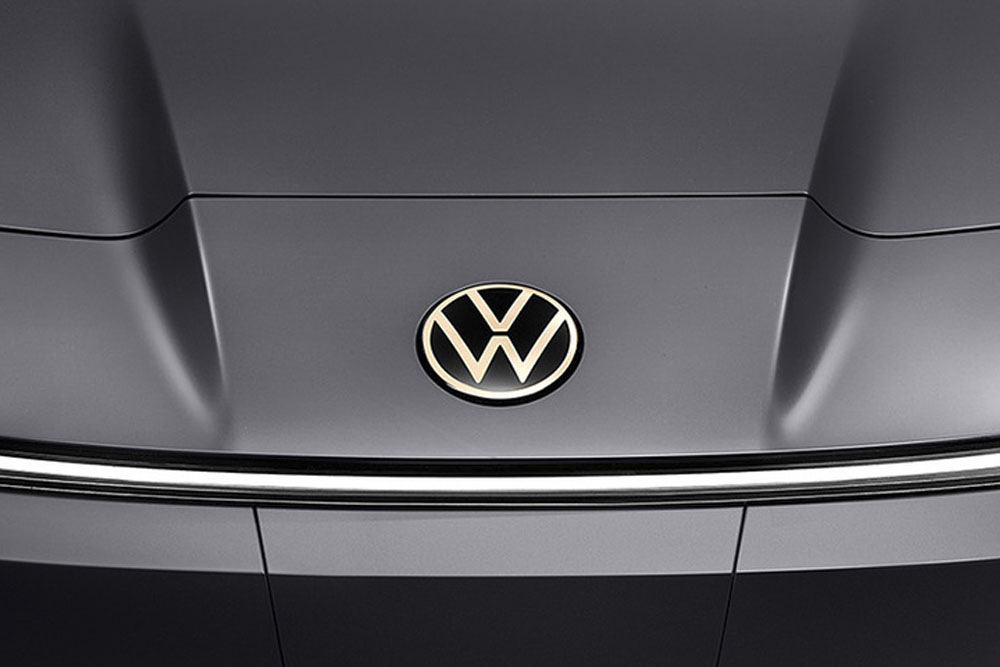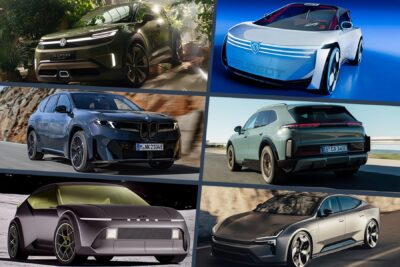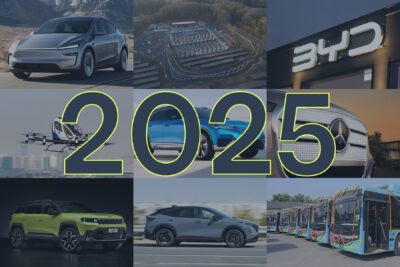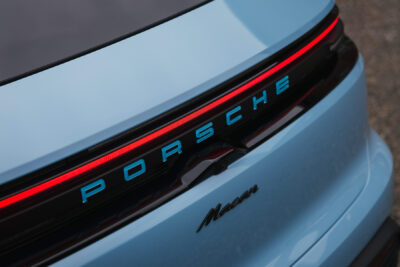Volkswagen to bundle Chinese electric car development in Hefei
According to a report by the Chinese media agency 36kr, Volkswagen’s current R&D centre in Beijing will only retain some project developments for hybrids, while “a large number of Volkswagen employees will be transferred to VCTC in Anhui, or redeployed to other operations.” In this way, Anhui is to become the second global R&D centre alongside Wolfsburg. According to the report, the battery-electric models developed centrally there will then be manufactured by the three Volkswagen joint ventures Volkswagen Anhui, SAIC-Volkswagen and FAW-Volkswagen. The number of employees at VCTC is set to increase from the current 2,000 to 3,000 this year.
The centralisation approach in China has already been in place for several months. In this way, Volkswagen aims to achieve cost parity with local BEV competitors for entry-level compact models by 2026. The ‘In China, for China’ strategy is at the centre of the goals. According to this strategy, the vehicles are not only to be built in China, but also developed in China using local technologies to meet customer requirements – hence, for example, the partnership with Xpeng in the field of E/E architecture.
In principle, Volkswagen’s electric cars in China will be based on two purely electric platforms in future: the MEB and the CMP (China Main Platform). The CMP is a platform specially developed for the Chinese market, which is intended to reduce costs by 40 per cent by 2026 and thus achieve the aforementioned cost parity.
Volkswagen is endeavouring to quickly launch compact models based on the CMP in China. In addition to the CMP and the E/E architecture developed jointly with Xpeng, a ‘China Electrical Architecture’ (CEA) is also to be brought to series production maturity at the R&D centre in Anhui. VW hopes that this standardisation of the digital architecture will not only ‘significantly’ accelerate the pace of development, but also increase cost efficiency.
The restructuring is taking place against the background that VW has so far fallen short of expectations with its ID. models – partly because the special requirements of Chinese customers were not recognised in good time. For example, the infotainment system with its small touchscreen by local standards, which seemed outdated compared to electric cars from Nio or Xpeng, was repeatedly criticised. The Group no longer wants to miss out on such developments in future and wants to be able to serve them better.
Meanwhile, the R&D centre in Anhui, which was announced in April 2023 under the project name ‘100%TechCo’, is not a traditional research facility in which mainly engineers work, but a ‘new centre for development, innovation and procurement for fully networked electric cars’, as Volkswagen announced in an earlier statement. The new company will bring together vehicle and component development as well as procurement. According to Volkswagen, this will reduce the development times for new products and technologies by around 30 per cent.
By merging procurement into the new unit, local suppliers are also to be involved in projects at an early stage. This is not without precedent in the Volkswagen Group: employees from the other divisions will also work in the development centre at the new Sandkamp Campus in Wolfsburg – for example from Purchasing, Production or Quality Assurance. For the new China centre, VW also announced in the spring that the new company would more closely dovetail the development projects of all Volkswagen Group joint ventures in China – SAIC-Volkswagen, FAW-VW and Volkswagen Anhui.
Before VCTC was founded, Volkswagen’s battery electric vehicles were still designed and developed at the headquarters in Germany. FAW-Volkswagen and SAIC Volkswagen then adapted the prototypes to the Chinese market based on their own positioning and market knowledge. A third joint venture (with JAC) was then added in 2017 with Volkswagen Anhui. According to 36kr, this is also where the ‘main production’ of the new vehicles developed by VCTC will take place.
Volkswagen Anhui recently presented the first model of the new ID. UNYX subsidiary for the Chinese market. The electric SUV coupé of the same name is basically a Cupra Tavascan with the VW logo and is available at prices starting at 209,900 yuan (approx. 26,500 euros).





0 Comments